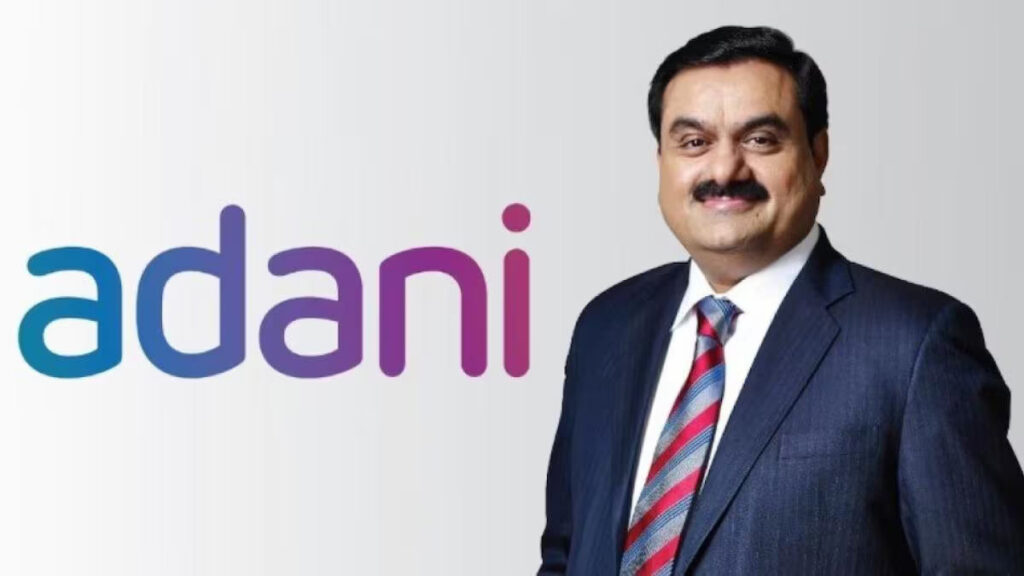The apex court directed SEBI to submit a report in two months and also appointed a committee for strengthening the existing regulatory mechanism to protect investors from market volatility

The Supreme Court said, “Sebi seems to have seized on the allegations and not explicitly mentioned the probe into violation of minimum public shareholding norms.”
The court also directed the regulatory body to submit a report in two months.
In response, Gautam Adani tweeted, “Adani Group welcomes the order of the Hon’ble Supreme Court. Will finalize it in a time bound manner. Truth will prevail.”
The Adani Group welcomes the order of the Hon’ble Supreme Court. It will bring finality in a time bound manner. Truth will prevail.
— Gautam Adani (@gautam_adani) March 2, 2023
The apex court appointed a six-member panel headed by retired SC Justice Abhay Manohar Sapre to assess the regulatory failure in this situation and strengthen the existing regulatory mechanism to protect investors from market volatility.
The committee will also have OP Bhatt, Nandan Nilekeni, KV Kamath and Somasekhara Sundaresan as its members. It was appointed as an arm of a group of Public Interest Litigations (PILs) related to the impact of the Hindenburg Report on the Adani Group.
The SC on February 17 rejected the government’s proposal to suggest in a sealed cover the names of the members and the scope of the proposed committee to probe the stock market regulatory mechanism after Adani company shares crashed in the wake of the Hindenburg Research report on the group done.
The court said it would now appoint the committee, nominate its members and decide the scope of its work. The top court also reserved its order on PILs related to the impact of the Hindenburg Report on the Adani group.
When the hearing began on February 17, Solicitor-General Tushar Mehta circulated the names suggested for the committee and its scope of work in a sealed cover. Mehta said the government aims to ensure that the truth comes out and take a holistic approach to the issue and ensure that the market is not affected in the process.
Chief Justice of India DY Chandrachud said, “We will not accept the sealed cover suggestion as we want to maintain transparency.” “Sealed cover means the other side is not seeing it. The impression would be that it would be a government-appointed committee, even if the Supreme Court appointed it.”
On February 10, the SC bench asked the market regulator to suggest measures that can be taken to protect Indian investors from market volatility after the release of the Hindenburg Report on January 24.
Regulatory mechanism
The bench asked SEBI to apprise it about the existing regulatory framework for the protection of investors and whether additional measures would be necessary to strengthen the mechanism.
It also asked whether the government would agree to form a committee to suggest the mechanism and who could be the members of the panel. The court later heard two PILs filed on the Adani-Hindenburg dispute and reserved the order.
The PIL, filed by advocate Vishal Tiwari, states that despite the massive attack on the country’s economy by the Hindenburg Report, the government has not taken any concrete action so far.
Tiwari’s PIL sought a committee headed by a retired Supreme Court judge to investigate the Hindenburg report, which alleged unfair treatment by the Indian group.
Another PIL filed by ML Sharma demanded that short-selling be made a crime and Nathan Anderson, founder of American short-selling firm Hindenburg Research, and his partners be prosecuted.
It demanded a probe against Anderson and his associates for allegedly exploiting innocent investors in the US and India and causing an ‘artificial crash’ of valuations of Adani group companies in the stock market. The third PIL was filed by Congress leader Dr. Jaya Thakur.
“Chairman SEBI is requested to ensure that all necessary information is provided to the Committee. All agencies of the Central Government including financial regulation agencies, financial agencies and law enforcement agencies will cooperate with the Committee. Committee It is at liberty to take the help of outside experts in its work,” the order noted.
 Moshpitopen Your Ultimate Destination for Fashion, Travel And Education
Moshpitopen Your Ultimate Destination for Fashion, Travel And Education
